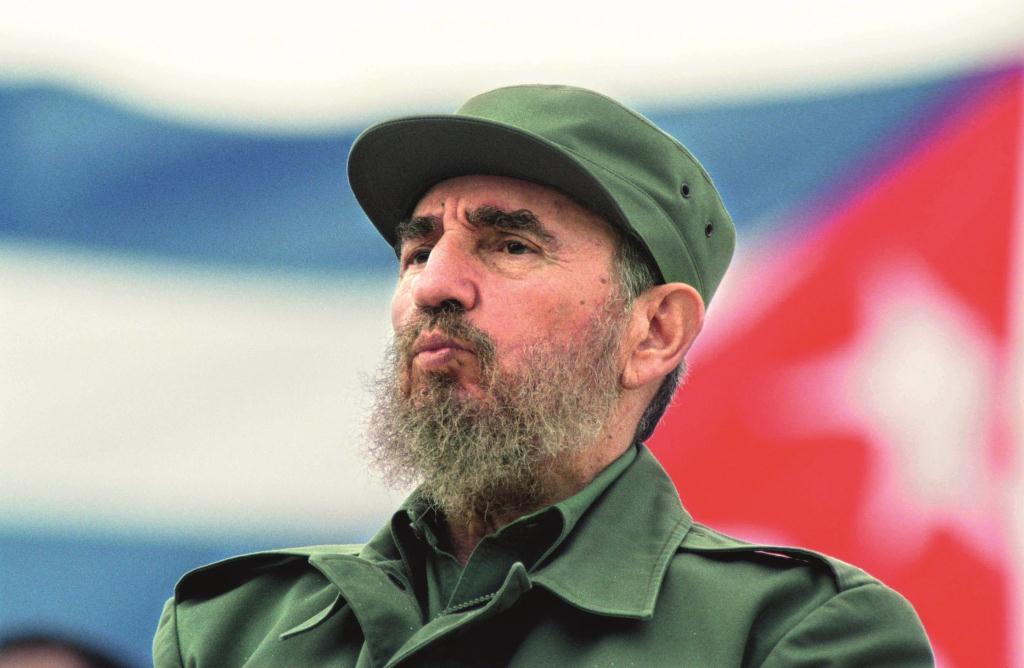Each year some people have the privilege of doing a political tour of South Africa. From Nkandla, President Jacob Zuma’s home in KwaZulu-Natal, through Johannesburg’s Constitutional Court, Stock Market, Soweto and other attractions to Parliament in the Cape, Hout Bay’s squatter camp and the lovely wine farms.
The tour’s emphasis is on politics and the political people of the country. They meet the players in politics, business, the media, health and education. Fortunately for us, former president Thabo Mbeki agreed to meet us at his Foundation.
Mbeki was in a wonderful mood, sharing his stories, answering our questions, asking a few of his own. Most fascinating for me was his answer when asked to explain why his liberation party moved away from nationalizing mines and banks.
“Well, we went to Cuba in 1986, and you know before our meeting Fidel Castro asked us to bring a copy of the Freedom Charter with us. But he asked it three times, three times!”
“We asked ourselves, we heard you the first time, why ask again?”
“He then told us when we saw him – with the document – that the government Cuban rum is called Cuban Club, and that it is owned by Cuba, it is the best rum, but does not do as well as Bacardi. The owners of Bacardi left Cuba in a hurry but had to leave the vats.”
“Fidel then said, ‘Now you know good rum is made by mixing old rum with new, but Bacardi left in a hurry, taking everything but leaving the old vats. Yet they set up in America and sold a completely new rum. It was not great, it lacked the Bacardi flavor, it was all new and all they had was the name,’ he told us.”
But it was enough.
“‘So,’ said Fidel, ‘we quickly went to France and Europe and registered the names of Cohibas and other cigars, so if those companies also left we would still have their names. ‘Now tell me, ‘ Fidel said, ‘how many mining engineers do you have in the ANC?’”
“We looked at each other and said we did not know if we have any, probably none at that time (1992).”
“Then he said that if we took over Anglo American and nationalized them, we would have to ask them to do the mining, to manage it and run the mines because we could not, and they would then deliberately mine badly, because they would be angry that they had been nationalized. ‘Rather wait a bit,’ Fidel told us, ‘then in 15 years or so you can start taking over as you develop the capacity.’”
“It made sense, so we went back and convinced our people.”
I asked why Mandela, when he first came out of jail, in his first speech in Cape Town, said mines and banks would be nationalized?
“When Mandela was released it was a bad mistake of ours. We had been in talks with government and they had agreed they would give us nine or 10 days’ notice before releasing him, they would call my home with a code name and message, like ‘it is going to rain on Sunday November 1’ and we would have time to prepare.”
“But I was away, with Oliver Tambo in London, so when Zanele (Mbeki’s wife) was called by this strange person with a fairly innocuous message for me she waited a few days and then told the wife of Oliver Tambo to tell me the message. His wife also waited a few days and then said to him ‘Oh, tell Thabo somebody called Zanele to say it is going to rain on Sunday November 1.’”
“I got the message and thought nothing of it. I had forgotten what that meant. Me, I made that mistake… Later I suddenly remembered and realized, it was our code agreed with the South African government, but by then it was the day before his release.”
“We quickly tried to write a speech but failed and those inside South Africa wrote the speech, but they had not yet been told how we had changed our minds on nationalizing the mines and banks despite what it said in the Freedom Charter. So that’s why Mandela said what he said.”
I was aghast. I had written several times to say it was at Davos that the first democratic president had changed policy on nationalization. Mbeki laughed.
“Davos being the place he changed his mind is really just one of many stories…”
